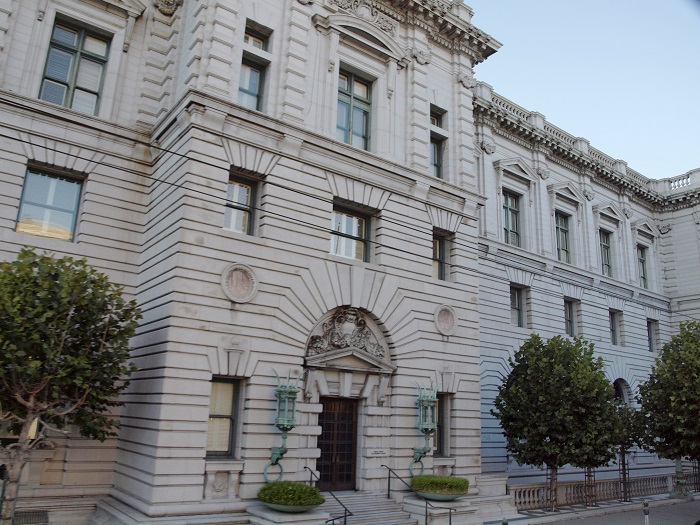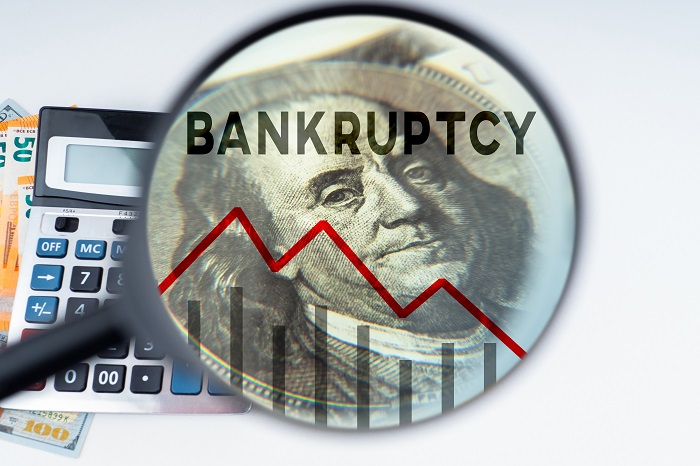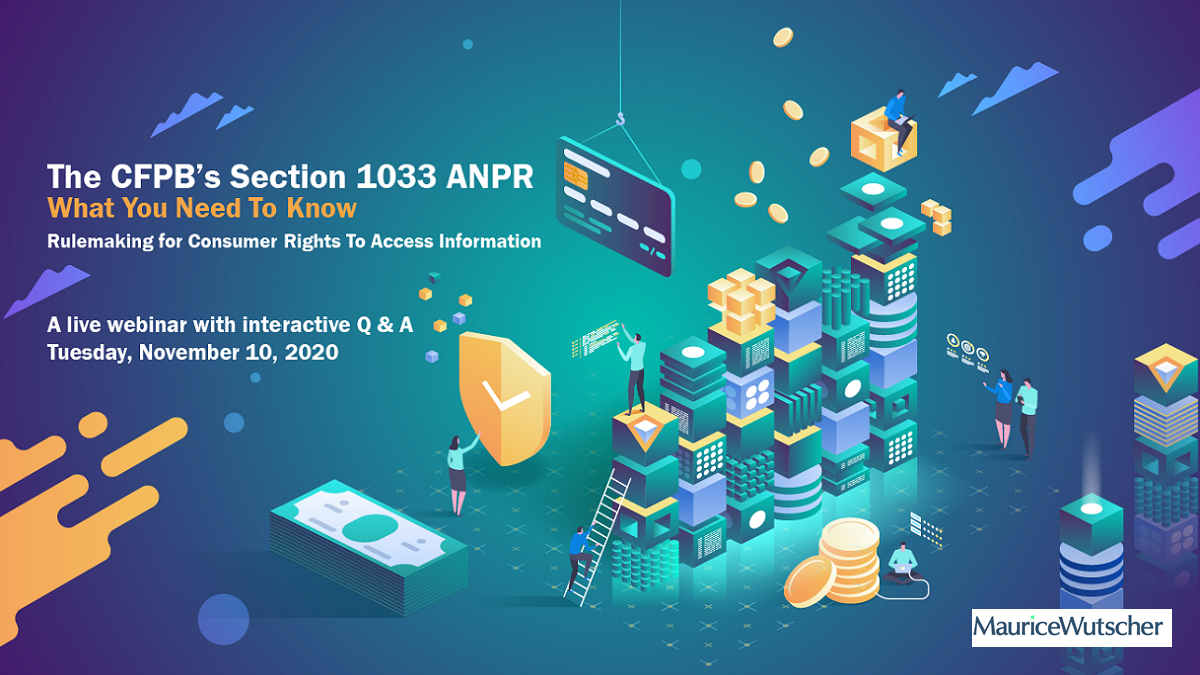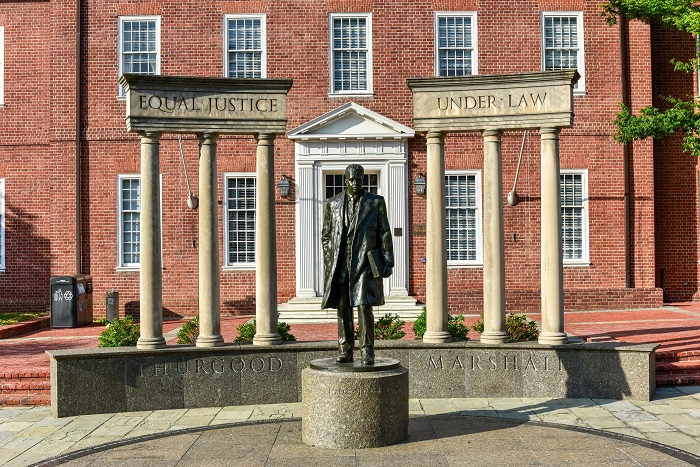The Consumer Financial Protection Bureau increased the maximum civil penalty it can impose within its jurisdiction after Jan. 15, 2021. The increases are required by federal law, which requires agencies to adjust for inflation each civil monetary penalty within an agency’s jurisdiction by Jan. 15.
Posts published in “CFPB”
Consumer Financial Protection Bureau
The Consumer Financial Protection Bureau has prevailed against a challenge to its authority in the Ninth Circuit Court of Appeals in the wake of last summer’s U.S. Supreme Court decision in Seila Law LLC v. Consumer Financial Protection Bureau.
During what was an extraordinary and difficult year, there was an abundance of activity at the state and federal levels and a good deal of it was driven by the present COVID-19 pandemic. Here is my take on some of the most significant regulatory activities from the past year in consumer debt collection that will continue to impact both consumers and creditors in the years to come.
The year 2020 in bankruptcy law started with an eye on increasing the ability of small businesses to utilize the Chapter 11 process in a more efficient and less expensive way, which lead to a record number of commercial filings, a reduction in consumer filings, and a test of the bankruptcy system.
The Consumer Financial Protection Bureau has released its final rule for the Fair Debt Collection Practices Act. The release of the rule promises to bring substantial changes in consumer debt collection practices.
The Consumer Financial Protection Bureau released its Advance Notice of Proposed Rulemaking (ANPR) on Oct. 22, seeking comment on 46 questions in nine categories surrounding consumer access to financial information under section 1033 of the 2010 Dodd-Frank Act (12 U.S.C. § 5533).
The U.S. Court of Appeals for the Third Circuit recently affirmed the denial of a motion to dismiss filed by a federal student loan lender and servicer against claims raised by the Commonwealth of Pennsylvania alleging violations of federal and state consumer protection laws after the Consumer Financial Protection Bureau filed suit raising similar claims.
The Supreme Court of the United States recently vacated the judgment of the U.S. Court of Appeals for the Ninth Circuit that rejected constitutional challenges to the design and structure of the Consumer Financial Protection Bureau (CFPB).
On April 1, the CFPB issued a policy statement addressing the responsibility of furnishers under the CARES Act and describing the flexible approach the Bureau intends to take with respect to supervision and enforcement of the FCRA and Regulation V during the COVID-19 pandemic.
The Maryland Court of Appeals recently held that victims on whose behalf money is collected or property is recovered by the Maryland Consumer Protection Division of the Attorney General's Office (CPD) or federal Consumer Financial Protection Bureau have no authority, through a private settlement, whether or not approved by a court, to preclude the CPD or CFPB from pursuing their own remedies.
The U.S. Court of Appeals for the Fifth Circuit recently held that the restrictions on the president's removal authority under the Consumer Financial Protection Act, allowing for the removal of the CFPB's director only for “inefficiency, neglect of duty, or malfeasance in office,” are valid and constitutional.












